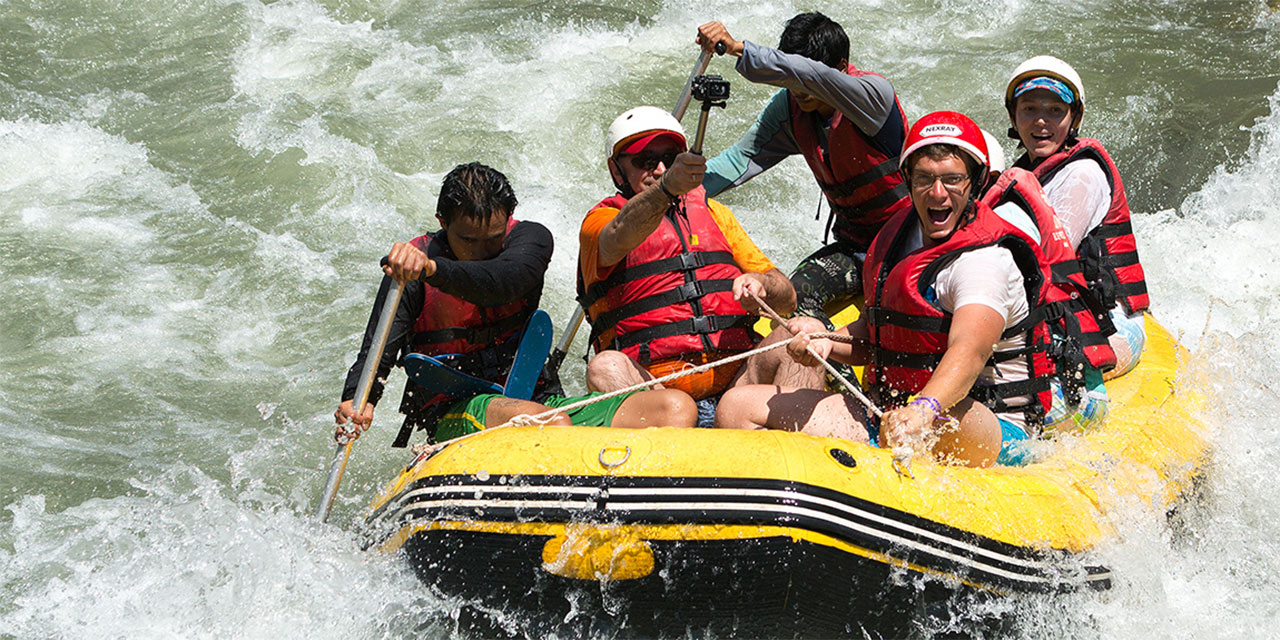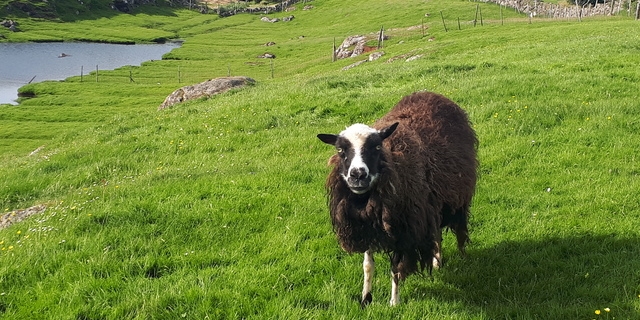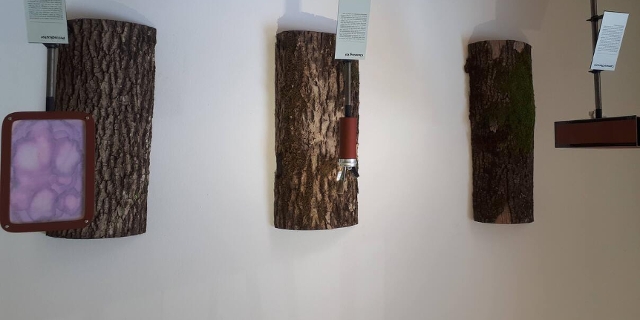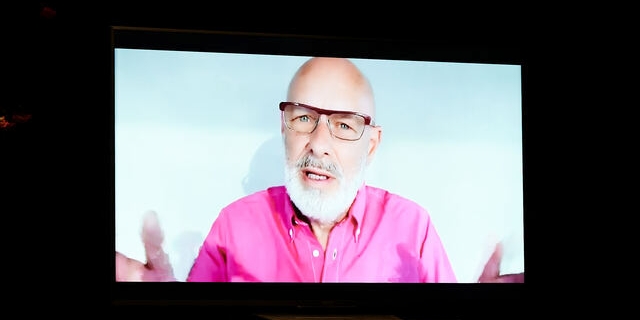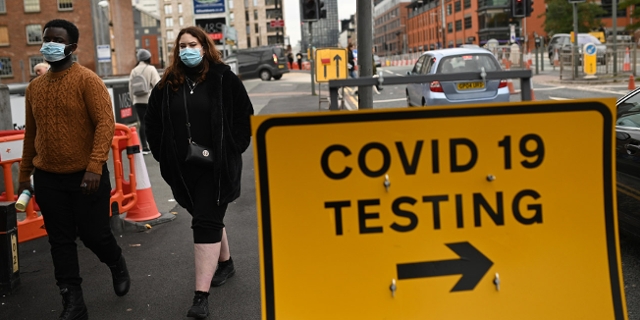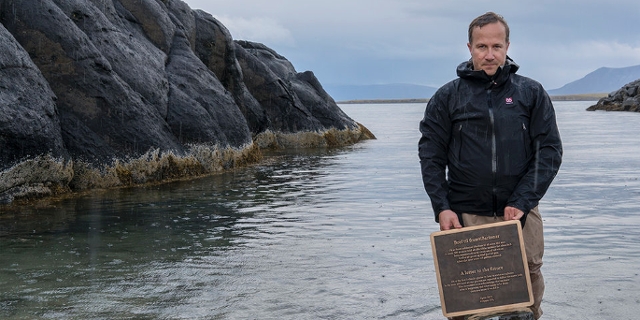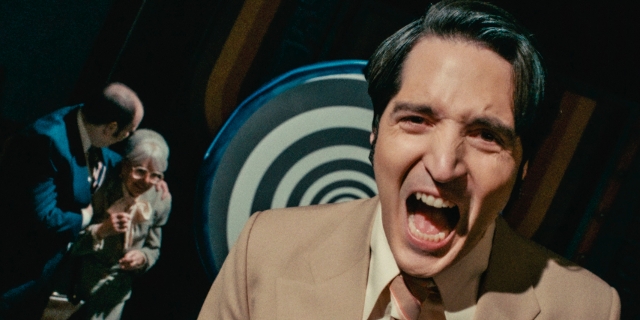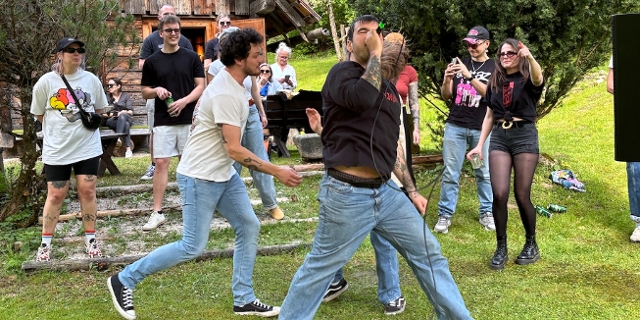Hallstatt, its Chinese replica, and the many bizarre side effects of tourism
By Johnny Bliss
FM4 Auf Laut: Overtourism
Welche Folgen hat deine Reiselust? Was ist nachhaltiges Reisen - ist das überhaupt möglich? Claus Pirschner diskutiert mit AnruferInnen und Gästen in FM4 Auf Laut, heute, Dienstag, 19.2.2019, ab 21 Uhr auf Radio FM4 und im FM4 Player.
Die Nummer ins Studio: 0800 226 996
[Bild: CC BY 2.0, Ausschnitt]
Even before it was copied, brick-by-brick, in southern China, the Upper Austrian village of Hallstatt was easily recognizable: not merely for its beautiful lake and mountain landscape, nor even for its traditional medieval architecture, but for the swarms of Chinese tour groups that would descend upon the village throughout the year. Now that they have their own copy, has this had any effect on the way package tourist groups treat the original?
At first glance, the differences are far huger than the similarities. The lake in Chinese Hallstatt is little more than a muddy pond. There are no mountains nor salt mines towering over you from all sides, and while the architecture of the iconic buildings in the village center has been meticulously copied, cheaper building materials have often been used, leading to a muddier, dirtier look only a few years after they’ve been built. Furthermore, few (if any) of the copied buildings serve anything like their original purpose. A place might advertise itself as a „Bäckerei“ or a „Schneiderei“, but the interiors are filled with vendors selling bubble tea, cheap Nescafé, and tacky plastic souvenirs of anime characters. As a person who calls Austria home, it is very easy to be scornful about this tacky tropical copy of a legitimately beautiful place.
On the other hand, there might be a longer-term positive aspect of ‚initiatives‘ like this. I find it entirely plausible - even likely - that in the reasonably near future, long-haul flights may no longer be so cheap, and long-distance travel may be increasingly frowned upon as climate catastrophes pile up on top of one other. Meanwhile, as we’ve already seen from the increasing push-back against services like AirBnB, the negative effects of unsustainable levels of tourism will lead to systems being put into place that reduce or prevent certain types of tourism, past a certain threshold.
Looking at this from a longer-term perspective, we may come to be glad that examples of this kind of globalization exist, so that those who want their perfect Instagram picture, or their superficial cultural adventure, can get it without actually boarding that plane and flying to the other side of the planet.
If you ignore the illegalities, the lack of permission, and the overall cultural appropriation for a moment, one could make the argument that the Chinese are well ahead of us here. In Macau, not far from Luoyang, where the replica of Hallstatt was built, you can find a smaller-scale replica of parts of Venice, complete with canals and even gondola rides. Nearby, you’ll even find a half-scale Eiffel Tower in a resort area called the Parisian.
In a world where all you need is that perfect exotic-looking picture for social media, and where the vast majority of tourism seems to be about showing off rather than forming any sort of closer bonds with the local community, perhaps initiatives like this can play their part in fighting climate change. If you just want that picture, go get it! You can take a picture in front of a convincing replica, a mere 100km away, in your home country.
But what, you might protest, if you care about the actual culture being represented and want to meet people who actually know something about French culture, Austrian music, and Italian food?
Well, in many cities around the world you don’t have to travel far to feel like you have entered a different cultural world; many western cities have their own, very authentic Chinatowns, for example. Here in Austria, I’ve been pleasantly surprised by the increasingly diverse numbers of restaurants, sporting authentic food from all around the world, often run by long-term residents from the countries in question. Just in the twelve years I’ve been in Austria, so many options have become available that were completely inconceivable in 2007 or 2008. While this is perhaps largely limited to the arena of food, for everything else, the internet has made global cross-cultural communication increasingly easy as well.
In closing, I think the future - if there is one, for humanity - is that you will find the world everywhere you go, and therefore you won’t necessarily have to go far. Hopefully. Because one thing is for sure: Regardless of which one you are visiting, there are waaaaaaay too many tourists in Hallstatt.
FM4 Auf Laut – Overtourism
Welche Folgen hat deine Reiselust?
Reisen ist Statussymbol. Die Tourismuswirtschaft wächst und verzeichnet Rekorde. An immer mehr Orten führt der BesucherInnenandrang zu Konflikten mit den Interessen der Wohnbevölkerung. Locals fühlen sich in ihrem Grätzl nicht mehr zuhause, das Vermieten von Wohnungen an TouristInnen über Plattformen nimmt der Stadtbevölkerung leistbaren Wohnraum. Amsterdam, Barcelona, Hallstatt, Prag und Salzburg diskutieren, wie sie die Touristenmengen beschränken können. In der Stadt Venedig muss man als TouristIn ab Mai Eintritt bezahlen. Steht die touristische Reisefreiheit auf dem Spiel? Ist es an der Zeit, den Lifestyle von Kurztrips und Weltreisen für den Social Media Account in Frage zu stellen? Welche vertretbaren Reise-Alternativen gibt es, um die Welt dennoch kennen zu lernen?
Claus Pirschner diskutiert mit AnruferInnen und Gästen in FM4 Auf Laut, heute, Dienstag, 19.2.2019, ab 21 Uhr auf Radio FM4 und im FM4 Player.
Die Nummer ins Studio: 0800 226 996
Publiziert am 19.02.2019







